Search Images
Browse Content (p. 661)
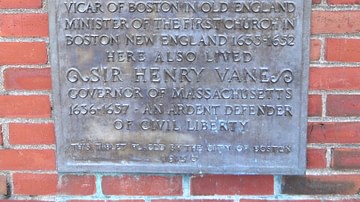
Image
John Cotton & Henry Vane Plaque
Plaque commemorating John Cotton (l. 1585-1652 CE) and Sir Henry Vane (l. 1613-1662 CE), near the John Adams Courthouse, Boston, Massachusetts.
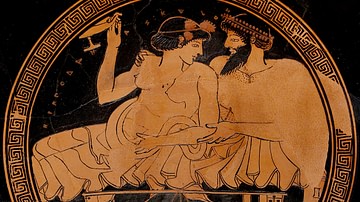
Image
Hetaira & Symposiast
A scene from a Greek red-figure kylix showing a hetaira and symposiast. c. 490 BCE. (Metropolitan Museum of Art, New York)
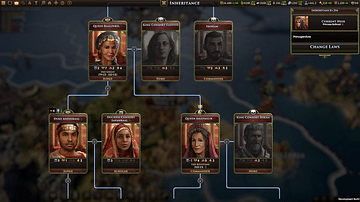
Image
Old World - Family Tree
Screenshot of the family tree in the game Old World by Mohawk Games.
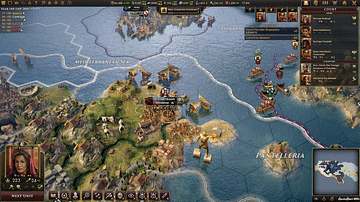
Image
Old World - Map
Screenshot of the game Old World by Mohawk Games showing the map.
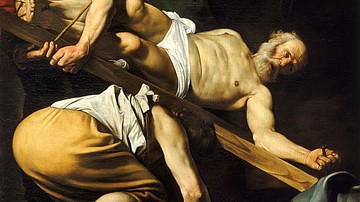
Image
The Crucifixion of Saint Peter by Caravaggio
Oil on canvas painting The Crucifixion of Saint Peter by Caravaggio, 1601 CE.
Cerasi Chapel, Santa Maria del Popolo, Rome.
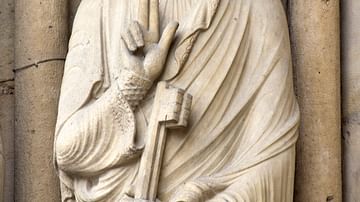
Image
Saint Peter
Statue of Saint Peter at the west doors of Notre-Dame, Paris.

Image
Christ and the Twelve Apostles by Fra Angelico
Fresco depicting Jesus Christ and the twelve apostles by Fra Angelico (c. 1400-1455 CE).
San Marco, Florence.
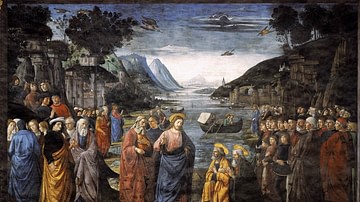
Image
Calling of the Apostles by Domenico Ghirlandaio
Fresco depicting the Calling of the Apostles by Domenico Ghirlandaio, 1481 CE.
Sistine Chapel, Vatican.
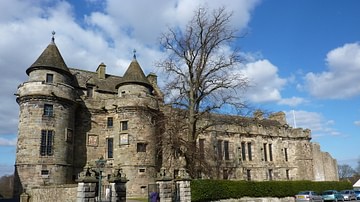
Image
Falkland Palace, Scotland
Falkland Palace, Fife, Scotland. Extensively renovated in the Renaissance style by James V of Scotland (r. 1513-1542).
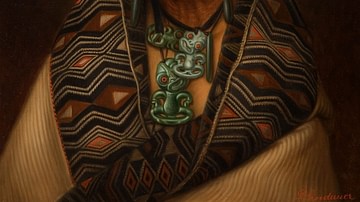
Image
Portrait of Rangi Topeora Wearing Hei Tiki
A c. 1863 oil-on-canvas portrait by Gottfried Lindauer (1839-1926 CE) of Maori tribal leader, Rangi Topeora (b. unknown-1873 CE). She is wearing hei tiki and pounamu. The hei tiki – a cultural object worn around the neck - is considered a...